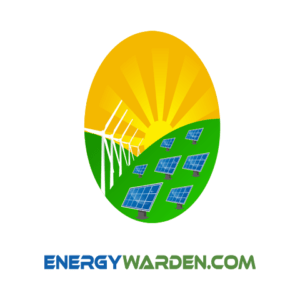Wind Energy and Its Economic Benefits for Local Communities
Firstly wind energy has emerged as a powerful driver of economic development, particularly in local communities. It provides a sustainable alternative to fossil fuels, generating not only clean energy but also significant economic benefits. This article delves into how wind energy impacts local communities, fostering economic growth and environmental sustainability. So without further ado lets get into Wind Energy and Its Economic Benefits for Local Communities.
Understanding Wind Energy
What is Wind Energy?
Wind energy, harnessed through wind turbines, converts the kinetic energy of wind into electricity. This form of renewable energy has gained momentum over the last decade, offering a viable solution to reduce reliance on fossil fuels.
How Wind Energy Works
Wind turbines capture wind’s kinetic energy through blades connected to a rotor. As the wind turns the blades, the rotor spins a generator to produce electricity. This clean energy source significantly reduces greenhouse gas emissions, contributing to the fight against climate change.
Economic Benefits of Wind Energy for Local Communities
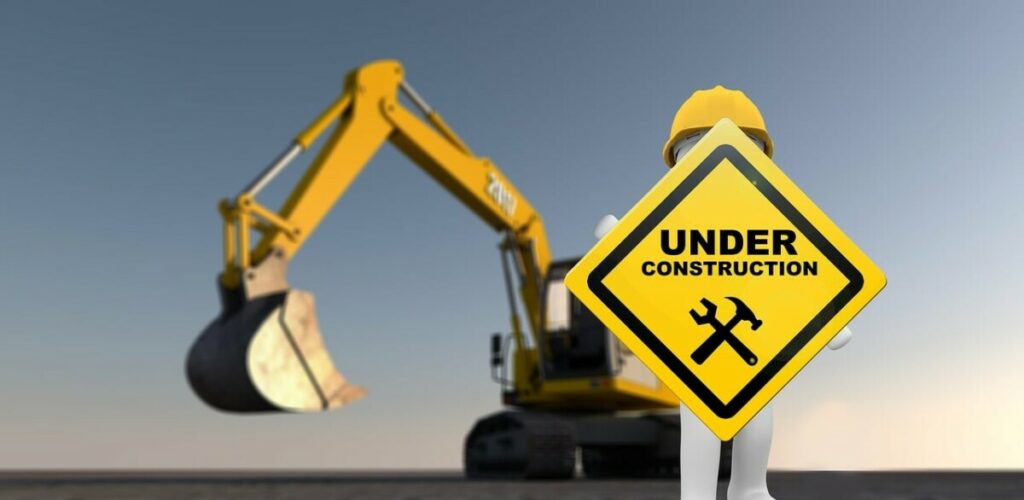
Job Creation and Employment Opportunities
Wind energy projects generate numerous jobs during their development, construction, and maintenance phases. Local communities benefit from the influx of construction workers, engineers, and maintenance personnel, boosting employment rates.
- Construction Jobs: Building wind farms requires a skilled workforce, creating job opportunities in rural areas.
- Maintenance Services: Ongoing maintenance of wind turbines provides long-term employment for local residents.
- Indirect Employment: Wind energy projects stimulate job creation in local businesses, such as local hotels and restaurants, which support project workers.
Increased Local Tax Revenue
Wind energy projects contribute significantly to local tax revenue. Local governments benefit from property taxes paid by wind farm developers, which can be used to improve local infrastructure and services. Additionally, these projects provide a new source of tax revenues, reducing the financial burden on local residents.
Lease Payments to Local Landowners
Local landowners benefit from lease payments made by wind developers for the use of their land. These payments provide a steady income stream, enhancing the financial stability of rural landowners and promoting economic activities in rural areas.
Positive Impact on Local Economies

Boosting Local Businesses
Wind energy projects have a ripple effect on local economies. The influx of workers and the development of infrastructure lead to increased business for local shops, restaurants, and service providers.
This economic activity supports the growth of small towns and rural counties, fostering a vibrant local economy.
Enhancing Property Values
Contrary to concerns about the visual impact of wind turbines, studies have shown that wind energy projects can positively affect property values in local areas.
The presence of clean energy projects signifies progress and sustainability, attracting new residents and investors to the community.
Supporting Local Schools and Services
Increased tax revenue from wind energy projects enables local governments to invest in education and public services.
Local schools benefit from better funding, enhancing educational opportunities for local children. Additionally, improved services contribute to a higher quality of life for the entire community.
Wind Energy and Its Economic Benefits Conclusion
Wind energy projects offer substantial economic benefits for local communities. From job creation and increased tax revenue to lease payments and boosted local economies, the positive impact of wind energy is undeniable.
As the world shifts towards sustainable energy sources, local communities stand to gain significantly from the development of wind energy.
The next sections will explore specific case studies and further delve into the socioeconomic impacts of wind energy projects.
Case Studies of Wind Energy Projects
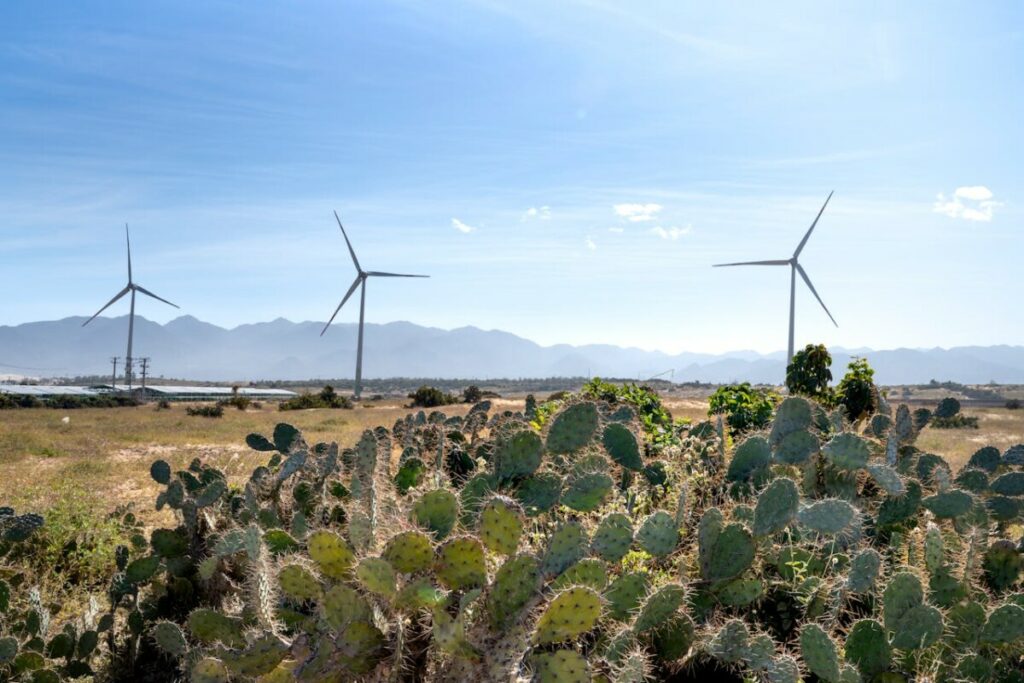
Wind Energy Success in Rural America
In recent years, numerous case studies have demonstrated the success of wind energy projects in rural America.
For example, the Meadow Lake Wind Farm in Indiana has had a significant impact on the local economy. This project has created hundreds of jobs, increased local tax revenue, and provided substantial lease payments to local landowners.
Benefits in Texas
Another notable example is the Roscoe Wind Farm in Texas, one of the largest wind farms in the United States. It has provided extensive economic benefits to rural communities, including job creation, increased local business activity, and significant tax contributions.
The wind farm’s presence has revitalized the local community, showcasing the transformative power of wind energy.
Impact in Iowa
Iowa, a leader in wind energy development, has experienced similar benefits. Wind projects in Iowa have supported local economies by generating jobs, boosting local tax revenues, and promoting sustainable development.
Local schools, infrastructure, and public services have seen improvements thanks to the financial influx from wind energy projects.
Socioeconomic Impacts of Wind Energy
Job Creation and Economic Growth
The economic benefits of wind energy extend beyond direct job creation. Wind power development stimulates broader economic growth in local communities.
Local businesses experience increased demand for goods and services, leading to further job creation and economic development. This growth supports various industry sectors, from construction to hospitality.
Community-Owned Wind Turbines
Community-owned wind turbines present an additional benefit. These projects allow local communities to directly invest in and profit from wind energy.
The revenues generated can be reinvested into the community, supporting local schools, infrastructure, and social services. This model fosters a sense of ownership and empowerment among local residents.
Environmental and Health Benefits
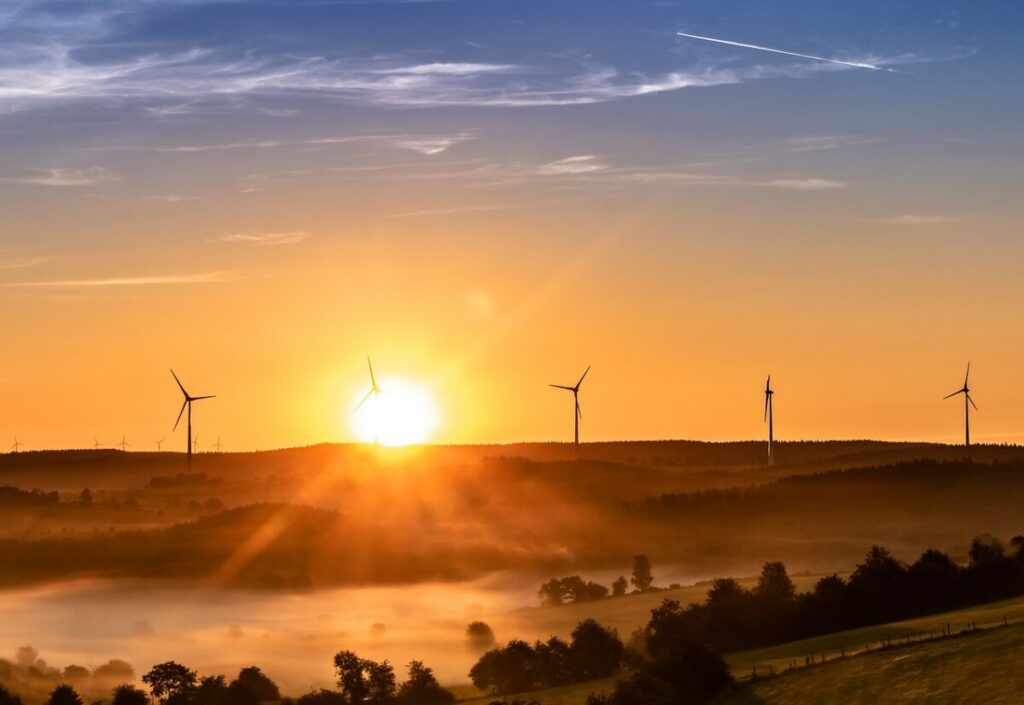
Reducing Greenhouse Gas Emissions
Wind energy is a crucial player in reducing greenhouse gas emissions. Unlike fossil fuels, wind energy produces no carbon emissions, contributing to a cleaner environment and helping to combat climate change.
This shift towards clean energy has significant environmental benefits for local communities, improving air quality and public health.
Health Improvements
The reduction in fossil fuel use leads to better air quality, which has direct health benefits. Local populations experience fewer respiratory issues and other health problems associated with air pollution.
This improvement in public health can lead to reduced healthcare costs and a better quality of life for residents.
Financial Benefits for Local Landowners
Steady Income from Lease Payments
Lease payments from wind developers provide a reliable income source for local landowners. These payments can significantly enhance the financial stability of rural landowners, enabling them to invest in their properties and local businesses. This steady income can support economic resilience in rural areas.
Investment in Local Infrastructure
The financial benefits from wind energy projects often extend to local infrastructure. Improved roads, upgraded utilities, and enhanced public services are common outcomes of increased local tax revenues from wind energy projects.
This investment in infrastructure supports long-term economic growth and development in local communities.
Overcoming Challenges
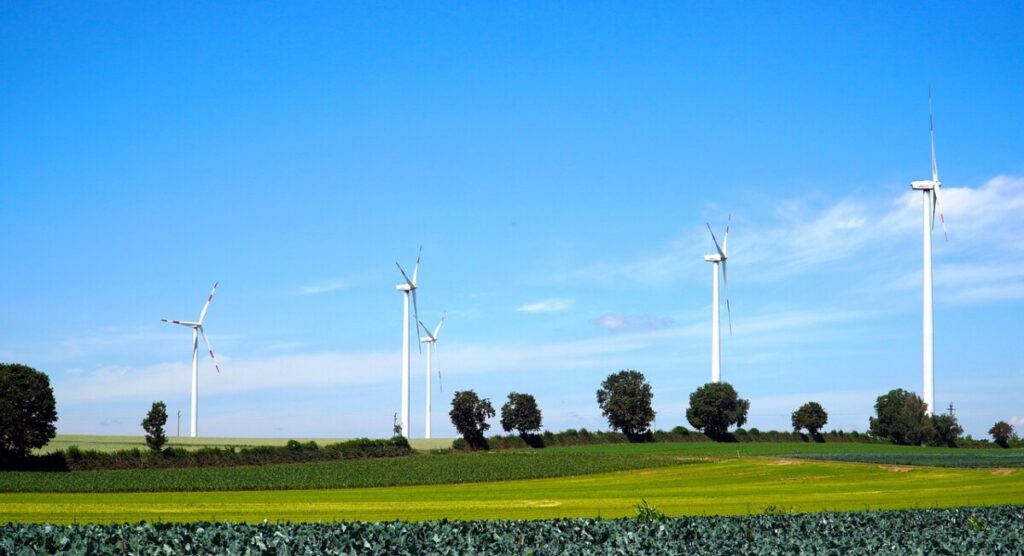
Addressing Visual and Noise Impacts
While wind energy projects offer substantial benefits, they are not without challenges. Concerns about the visual impact of wind turbines and noise pollution must be addressed.
Effective communication and community engagement can help mitigate these concerns, ensuring that local residents are informed and involved in the development process.
Balancing Land Use
Wind energy projects must also balance land use with other local needs. Collaboration between wind developers, local governments, and communities is essential to ensure that wind projects are integrated harmoniously into the local landscape.
This cooperation can help maximize the benefits while minimizing any potential negative impacts.
Wind Energy and Its Economic Benefits: Frequently Asked Questions
How does wind energy benefit local economies?
Wind energy projects stimulate local economies by creating jobs, increasing tax revenues, and supporting local businesses.
The economic benefits include both direct and indirect job creation, enhanced property values, and financial stability for local landowners.
What are the environmental benefits of wind energy?
Wind energy reduces greenhouse gas emissions, contributing to cleaner air and a healthier environment. By replacing fossil fuels, wind energy helps combat climate change and improve public health through better air quality.
How do local communities benefit from wind energy?
Local communities benefit through job creation, increased tax revenues, lease payments to landowners, and investment in local infrastructure. These projects support economic growth, improved public services, and sustainable development.
What challenges do wind energy projects face?
Challenges include addressing visual and noise impacts, balancing land use, and ensuring community support. Effective communication and collaboration between developers and local communities are crucial for overcoming these challenges.
Economic Development through Wind Energy

Supporting Local Businesses
Wind energy projects provide a boost to local businesses. With the influx of workers and the need for various services, businesses such as local hotels, restaurants, and shops experience increased patronage.
This increased demand stimulates the local economy, leading to further job creation and business opportunities.
- Hospitality Sector: Local hotels benefit from accommodating workers and visitors involved in wind projects.
- Retail and Dining: Restaurants and retail stores see an uptick in business due to the higher local population during construction phases.
Enhancing Local Infrastructure
The economic benefits of wind energy projects often translate into improvements in local infrastructure.
Increased local tax revenue from wind projects can be reinvested into critical infrastructure upgrades, including roads, schools, and public facilities. These enhancements support sustainable development and improve the quality of life for local residents.
Property Value Impacts
Studies have shown that wind energy projects can have a positive impact on property values. Contrary to the concerns about the potential negative visual impact of wind turbines, many communities have seen property values stabilize or even increase due to the economic growth and environmental benefits associated with wind energy projects.
The Role of Local Governments
Local Tax Revenue and Economic Benefits
Local governments play a crucial role in facilitating and benefiting from wind energy projects. The property taxes and other revenues generated by these projects provide essential funding for public services and infrastructure.
This financial support can lead to better schools, improved public safety, and enhanced community services.
Public Lands and Wind Energy
Public lands also play a vital role in wind energy development. Utilizing public lands for wind projects can generate significant revenue for local governments. This revenue can be reinvested into the community, supporting various public initiatives and infrastructure projects.
Wind Energy’s Contribution to Sustainable Development
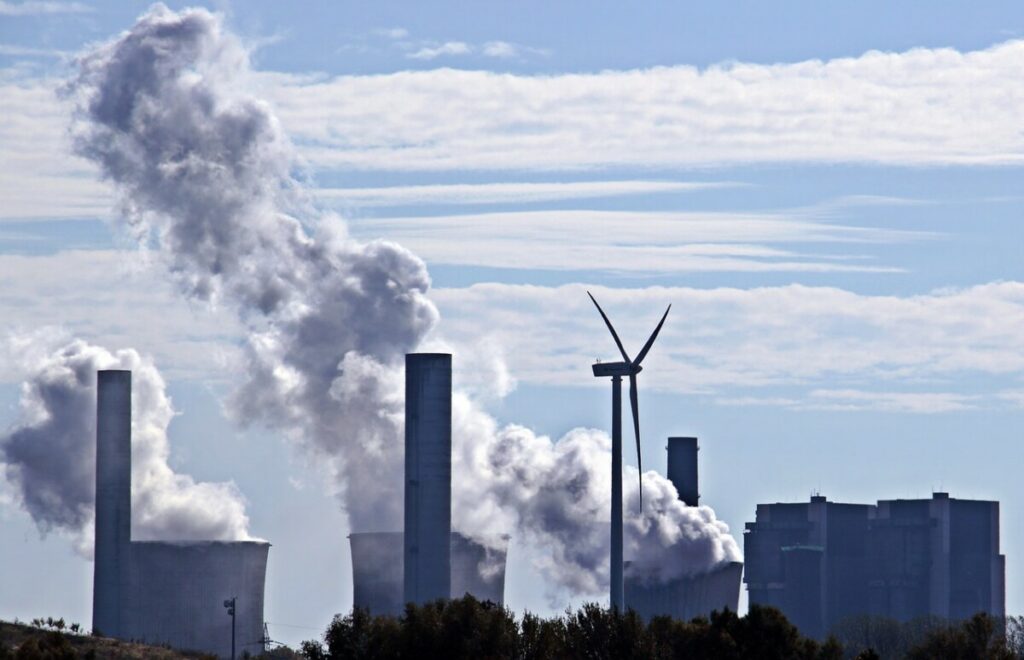
Reducing Dependence on Fossil Fuels
Wind energy significantly reduces reliance on fossil fuels, promoting a cleaner, more sustainable energy future.
By generating electricity without burning fossil fuels, wind energy helps decrease greenhouse gas emissions and mitigates the impacts of climate change.
Promoting Renewable Electricity
As part of the broader push towards renewable electricity, wind energy projects contribute to a diversified and sustainable energy portfolio.
This diversification enhances energy security and reduces the volatility associated with fossil fuel markets.
Environmental and Social Benefits
The environmental benefits of wind energy extend beyond reducing carbon emissions. Wind energy projects support biodiversity by reducing pollution and habitat destruction associated with fossil fuel extraction and use.
Additionally, they provide social benefits by fostering community engagement and promoting environmental stewardship.
Community Engagement and Support
Building Local Support
Gaining local community support is essential for the success of wind energy projects. Wind developers must engage with local residents, addressing their concerns and highlighting the economic and environmental benefits. Effective communication can build trust and support for wind projects.
Addressing Community Concerns
Common concerns about wind energy projects include the visual and noise impacts of wind turbines.
Developers can mitigate these issues through careful site selection, technological advancements to reduce noise, and aesthetic design considerations.
Community meetings and transparent planning processes help address these concerns effectively.
Community-Owned Projects
Community-owned wind projects represent a collaborative approach to wind energy development. These projects allow local communities to directly benefit from the economic returns of wind energy.
By owning and managing wind turbines, communities can ensure that the financial benefits are reinvested locally, fostering economic resilience and empowerment.
Wind Energy and Its Economic Benefits Conclusion
Wind energy projects offer profound economic benefits for local communities. From job creation and increased tax revenues to environmental improvements and enhanced infrastructure, the positive impacts of wind energy are extensive.
Local governments, businesses, and residents all stand to gain from the development of wind energy. As the transition to clean energy continues, wind energy will play a crucial role in promoting sustainable economic development and environmental stewardship.
Economic Activities and Revenue Streams

New Revenue for Local Economies
Wind energy projects generate new revenue streams for local economies. The construction and operation of wind farms create direct financial benefits through lease payments to landowners and increased local tax revenues.
These funds are often reinvested in community projects, supporting schools, infrastructure, and public services. Additionally, the presence of wind energy projects attracts further investment, stimulating broader economic activities in rural towns and small communities.
Diverse Economic Sectors
The wind energy industry supports a range of economic sectors. From manufacturing and transportation to maintenance and hospitality, various sectors benefit from the development and operation of wind energy projects.
This diversity ensures that the economic benefits of wind energy are widespread, supporting a resilient and sustainable local economy.
Long-Term Economic Growth
Wind energy projects contribute to long-term economic growth by providing stable and sustainable revenue streams.
Unlike the boom-and-bust cycles often associated with fossil fuels, wind energy offers consistent economic benefits. This stability allows local communities to plan for the future, investing in sustainable development initiatives that support ongoing economic prosperity.
Addressing Potential Impacts
Visual and Environmental Considerations
While the economic benefits of wind energy are significant, it is essential to address potential visual and environmental impacts. The visual impact of wind turbines can be a concern for some local residents.
However, careful site selection and community engagement can mitigate these concerns. Additionally, the environmental benefits of reducing greenhouse gas emissions and promoting clean energy often outweigh the visual impacts.
Balancing Development and Conservation
Wind energy development must balance economic growth with environmental conservation. Protecting local wildlife and habitats is crucial during the planning and construction of wind projects.
By collaborating with environmental organizations and conducting thorough environmental assessments, wind developers can ensure that their projects promote both economic and ecological sustainability.
Community Involvement
Involving the community in the planning and decision-making process is vital for the success of wind energy projects. Community meetings, transparent communication, and addressing local concerns can build trust and support.
When communities feel involved and informed, they are more likely to support wind energy initiatives and recognize the long-term benefits.
Future Prospects of Wind Energy
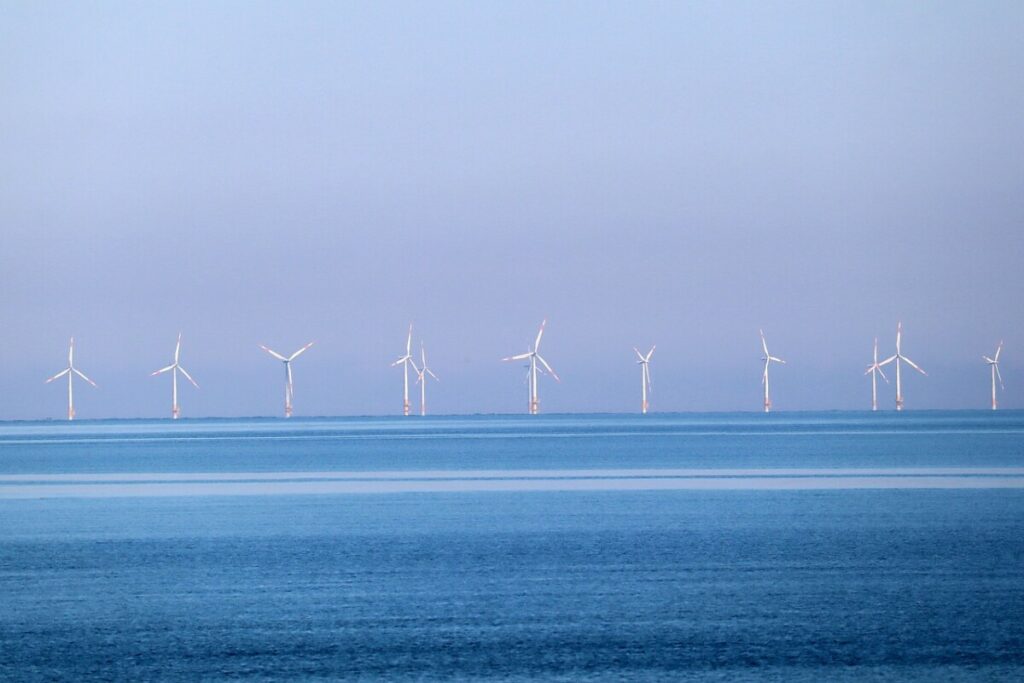
Technological Advancements
Technological advancements continue to enhance the efficiency and effectiveness of wind energy projects. Improvements in turbine design, energy storage solutions, and grid integration are making wind energy more viable and cost-effective.
These advancements will further increase the economic benefits for local communities, ensuring that wind energy remains a key component of the sustainable energy landscape.
Expansion of Offshore Wind
The expansion of offshore wind energy presents new opportunities for economic development. Offshore wind projects have the potential to generate substantial energy and economic benefits, particularly for coastal communities.
By harnessing the strong and consistent winds offshore, these projects can contribute significantly to local and national energy needs.
Policy Support and Incentives
Government policies and incentives play a crucial role in the growth of wind energy. Supportive policies, such as the wind energy production tax credit, encourage investment and development in the wind energy sector.
Continued policy support at the local, state, and national levels will be essential for maximizing the economic benefits of wind energy for local communities.
Wind Energy and Its Economic Benefits Conclusion
Wind energy and its economic benefits for local communities are substantial and far-reaching. From job creation and increased local tax revenue to environmental sustainability and long-term economic growth, wind energy projects provide a multitude of advantages.
By addressing potential impacts and involving communities in the development process, the full potential of wind energy can be realized.
As technological advancements continue and policy support strengthens, wind energy will remain a vital component of the transition to a clean and sustainable energy future, ensuring that local communities across the globe reap the economic benefits.
Wind Energy and Its Economic Benefits: Frequently Asked Questions (FAQs)
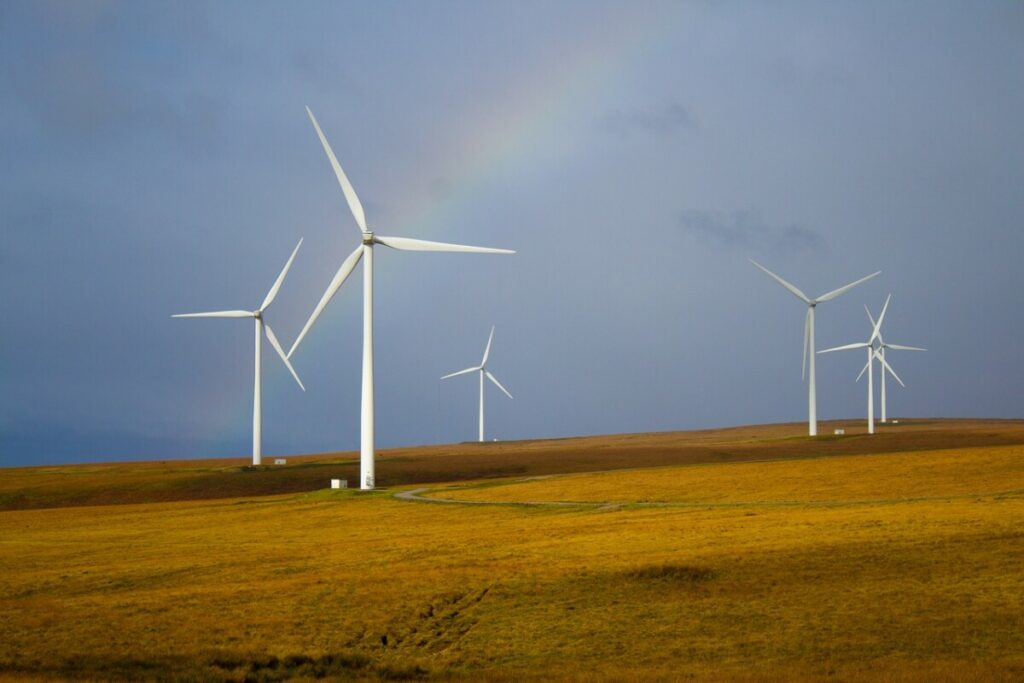
What are the primary economic benefits of wind energy for local communities?
Wind energy projects create jobs, increase local tax revenues, and provide lease payments to landowners. These benefits stimulate local economies, support infrastructure development, and promote sustainable economic growth.
How do wind energy projects impact property values?
Studies indicate that wind energy projects can have a positive impact on property values. The presence of clean energy projects can stabilize or even increase property values due to the economic and environmental benefits they bring.
What challenges do wind energy projects face in local communities?
Challenges include addressing visual and noise impacts, balancing land use with environmental conservation, and gaining community support. Effective communication and community involvement are crucial to overcoming these challenges.
How does wind energy contribute to environmental sustainability?
Wind energy reduces reliance on fossil fuels, lowers greenhouse gas emissions, and promotes clean energy. This contributes to mitigating climate change and improving air quality, benefiting public health and the environment.
What role do local governments play in wind energy projects?
Local governments benefit from increased tax revenue and play a crucial role in facilitating wind energy projects. They can use the revenue for public services, infrastructure improvements, and community development initiatives.
Now read my comprehensive article “The Best Future High-Tech Wind Energy Storage Solutions“
Recent Posts
Understanding Energy and Electricity: The Power For Progress
Energy and Electricity Energy and electricity are integral components of modern life, powering everything from homes and businesses to transportation and communication. Without them, the...
The Future of Wind Energy The future of wind energy is set to play a critical role in addressing global energy needs while combating climate change. As renewable energy sources like wind and...
